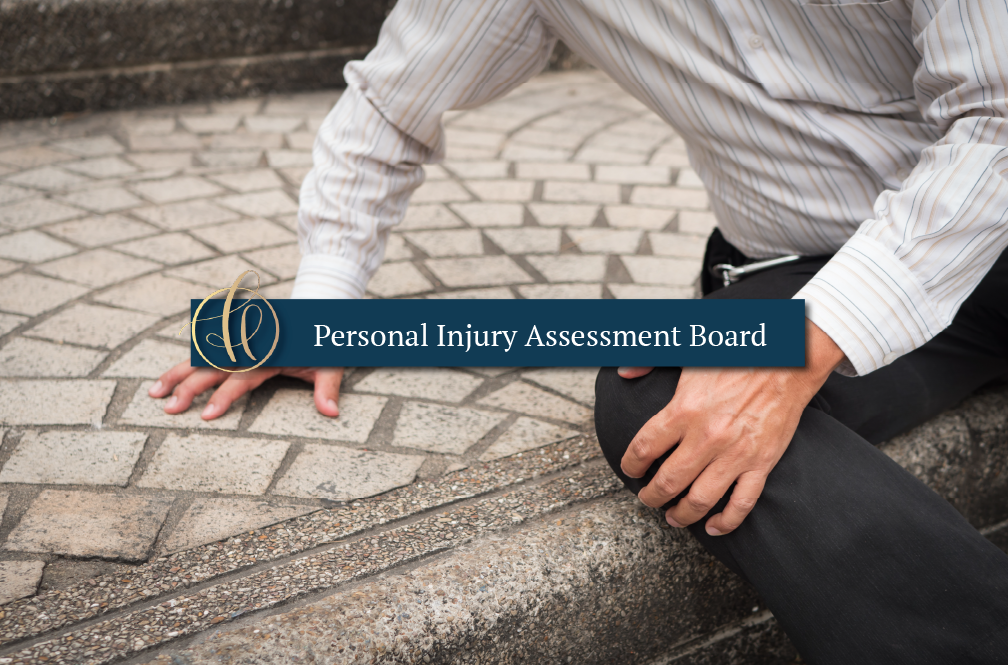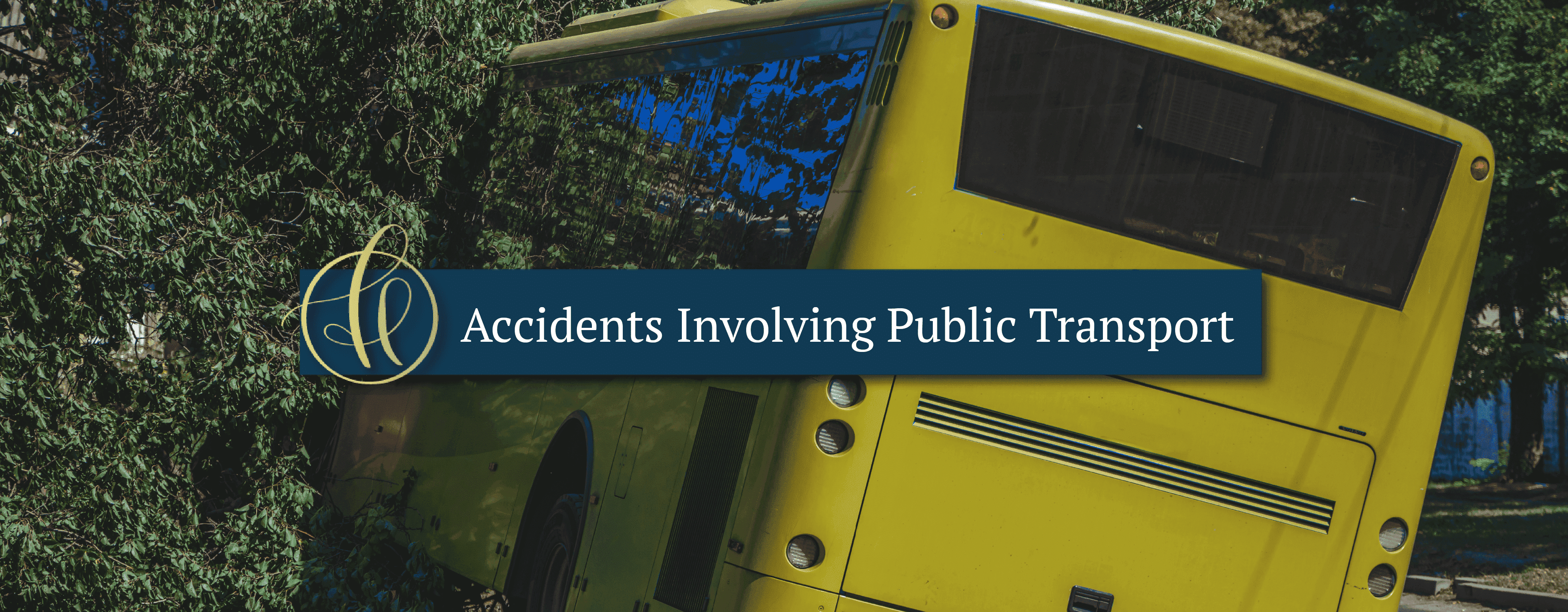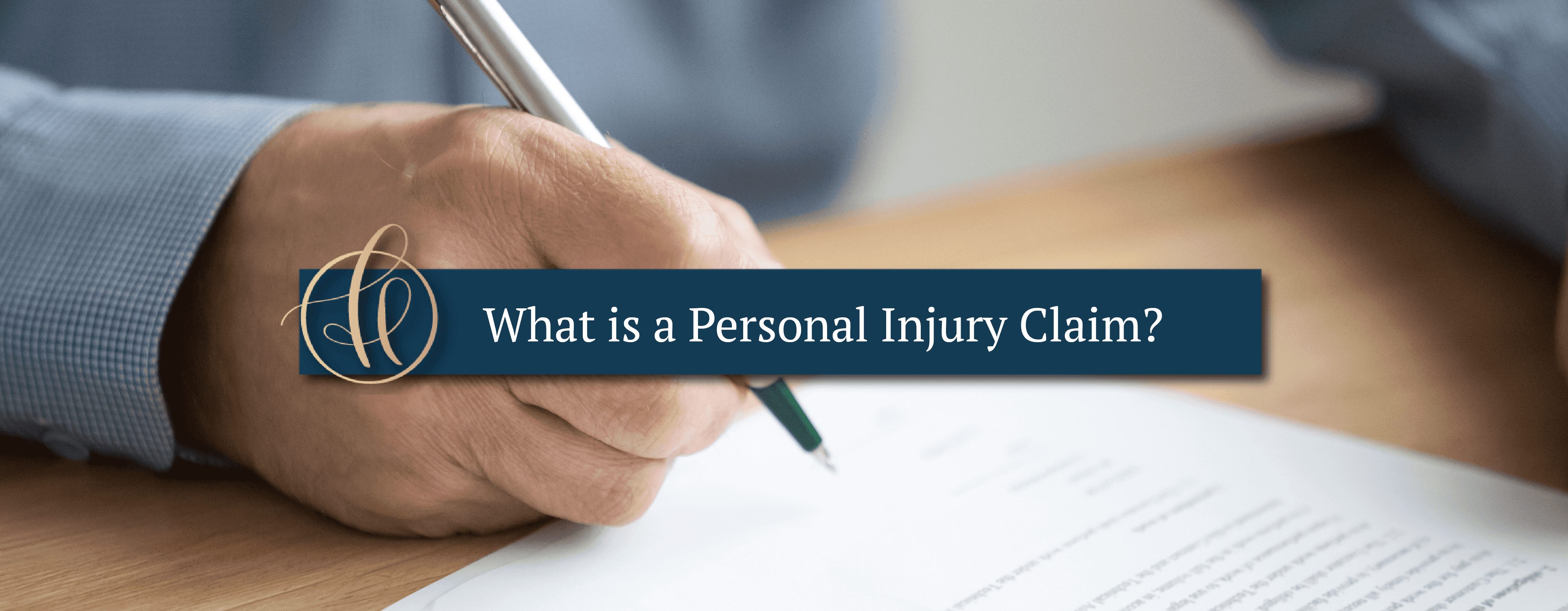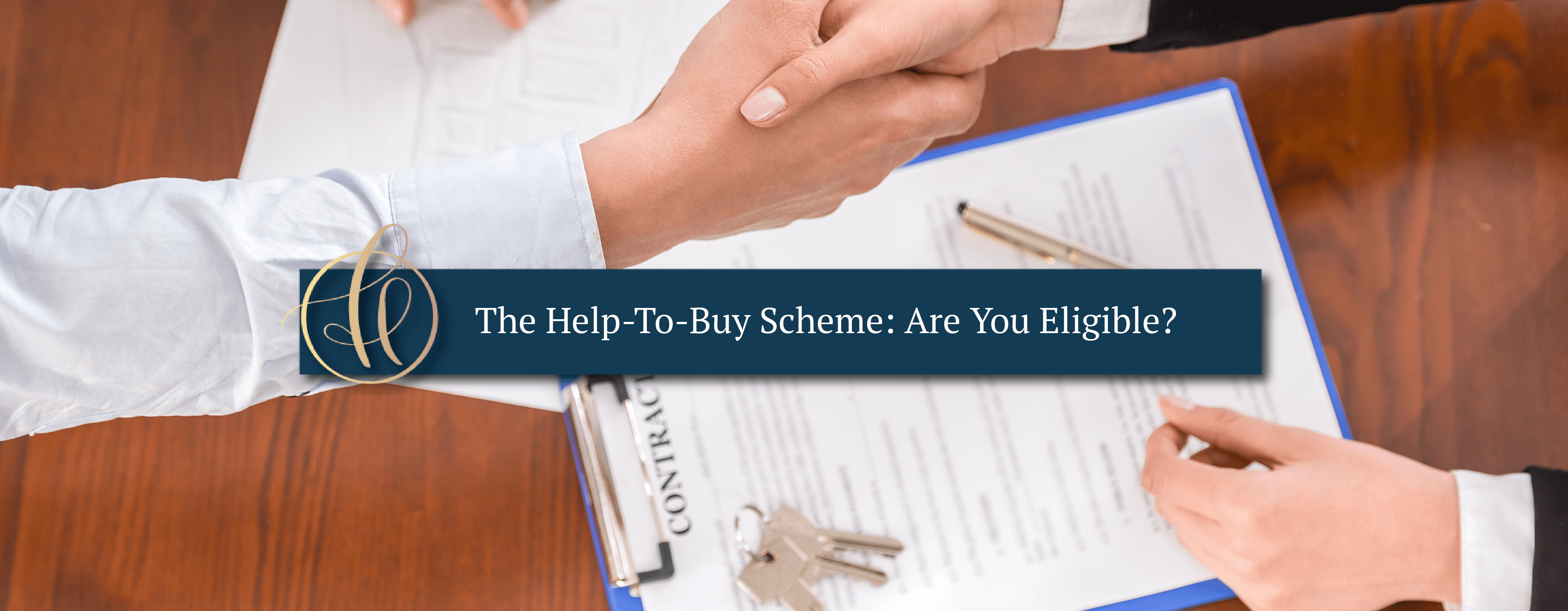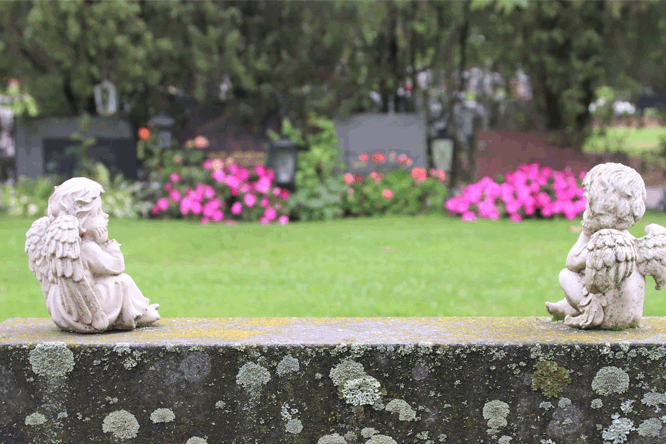In our blog on Personal Injury Claims, we discussed the Personal Injury Assessment Board (PIAB) – the statutory body that assesses personal injury claims. But just what is the PIAB and what do you need to know about it if making a personal injury claim?
What is the Personal Injury Assessment Board?
The PIAB is an independent statutory body, to which all personal injury claims in Ireland must be submitted. This does not include medical negligence claims. The purpose of the PIAB is to provide an independent assessment of personal injury claims for compensation following incidents such as road traffic accidents, workplace accidents and public liability accidents.
According to Citizens Information, claims are usually assessed approximately seven months from the point when respondents consent to having the claim assessed. In court, this can take up to 36 months.
How do I make an application to the Personal Injury Assessment Board? (PIAB)
While you can make an application to the Injuries Board without the assistance of a solicitor, it is recommended by the Law Society of Ireland that members of the public should use a solicitor in their dealings with the PIAB, as a competent personal injury solicitor will be experienced with the application process and all of its various requirements. This will also ensure that your claim will progress smoothly and in an efficient manner.
1. Your first step in making an application to the PIAB should be to speak with a personal injury solicitor, who will be able to provide you with the information that is required to submit your application. They will then prepare your file and gather all required information. The following details are usually required to complete your application:
- Details of the accident;
- Details of the injuries you have suffered, including evidence such as photographs;
- Details of any previous injuries, conditions or accidents you have been involved in;
- A list of the expenses that you have incurred as a result of this accident, such as your medical bills;
- A description of the person who is at fault.
It’s extremely important that you identify the correct person at fault when you are making your application. If you have identified someone to be at fault, and the PIAB does not agree with your identification of the person at fault, then the accused person can apply for an order of costs to be issued. This means that you will be obliged to pay their legal fees.
It’s also vital that your form is completed correctly as there will be no opportunity to amend or re-submit it.
2. A medical report will be a key part of your claim as it will confirm the details of your injuries. Your solicitor can request this from the medical professional that treated you, and it should include a prognosis, estimated time for recovery and details of any treatments that are necessary for your case.
In cases where a psychological injury has been sustained, your solicitor will request a report from the psychologist that treated them.
3. Form A
- Once your solicitor has received your medical report, they will have all of the information needed to start processing your application to the PIAB. They should now start completing what is called a ‘Form A’, which will be submitted with copies of your medical reports and other relevant documentation.
Online applications cost €45, and the submission of postal or email forms cost €90.
The PIAB will confirm with you once they have received your application. They will issue a reference number for your application, notify the person / company of your personal injury claim against them and also send them a copy of your application form and relevant medical reports.
4. Your claim will then be assessed by the PIAB, and they will make their decision. If their conclusion is in your favour, then the PIAB will suggest a compensation amount to be paid by the party at fault. You cannot negotiate this offer – only accept or reject it. The next steps in your claim are determined by your mutual agreement (with the person deemed at fault) or your disagreement on the compensation amount. You will have 28 days to make this decision.
- If you both agree to the compensation amount, the PIAB will issue an ‘Order to Pay’ which orders the person at fault to pay the compensation due to you;
- If one or both of you do not agree to the suggested compensation amount, then you will be issued with an Authorisation to move the claim forward and issue legal proceedings to resolve the matter.
PIAB Time Limits
The PIAB has a period of nine months from the date they receive your application to assess your claim. If this is not possible, you will be contacted by the PIAB with a request for an extension.
If there has not been an agreement on the PIAB’s assessment of your case, you will be issued with an Authorisation to move to Court proceedings. You will have six months from this date to issue legal proceedings to bring the personal injury claim to court.
Claimants have a two-year time limit from when the accident occurred to make a personal injury claim. If you do not start the claims process within this period, your claim will not be enforceable.
However, in some cases a person may not know they have been injured. If this is the case, the two-year limit will start from the time that the person becomes aware of their injuries.
What type of accidents are dealt with by the PIAB?
Road Traffic Accidents: this includes anything from car, truck, and bus accidents, to motorcycle and bicycle accidents, and even accidents involving pedestrians.
Accidents at Work: these types of accidents usually include slip, trip and falls at work; injuries incurred through manual handling or from hazardous environments; or repetitive strain injuries to name a few.
Accidents in a Public Place: also called Public Liability Claims, these types of accidents can include slip, trip and fall incidents in public places such as a shopping centre, public park, shops, on a pavement or footpath, or on someone’s property.
Exceptions to the PIAB process
It’s important to note that there are a number of injuries that are not assessed by the PIAB. These include:
- Medical negligence (read more here);
- Assault claims;
- Cases where the injuries sustained are solely psychological. However where there is a psychological / psychiatric element to a personal injury claim, the PIAB will likely proceed in their assessment.
The PIAB may also decline claims where there are complexities arising from pre-existing medical conditions.
At Martin A. Harvey & Co. Solicitors, we have been helping people for decades to navigate personal injury* claims. If you have been injured due to someone else’s wrongdoing, we can help you with the claims process. Contact us on 021-496 3400 or maharvey@martinharvey.ie.
*In contentious business, a solicitor may not calculate fees or other charges as a percentage or proportion of any award or settlement.
**Please note that the PIAB may allow you to take your claim straight to the courts without an assessment ‘if your injury consists wholly or in part of psychological damage which would be difficult to assess by means of PIAB’s assessment procedures’. (Source)

